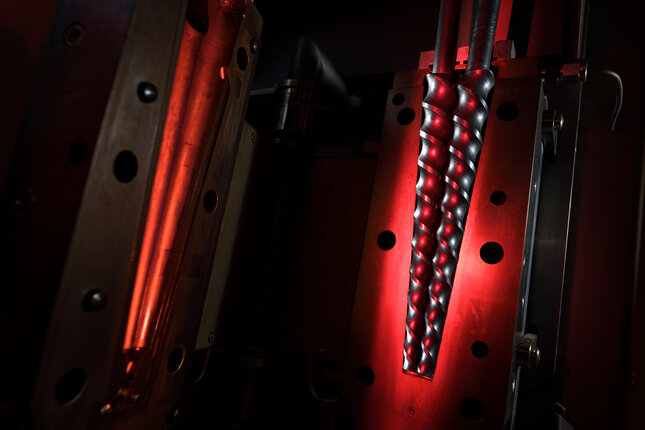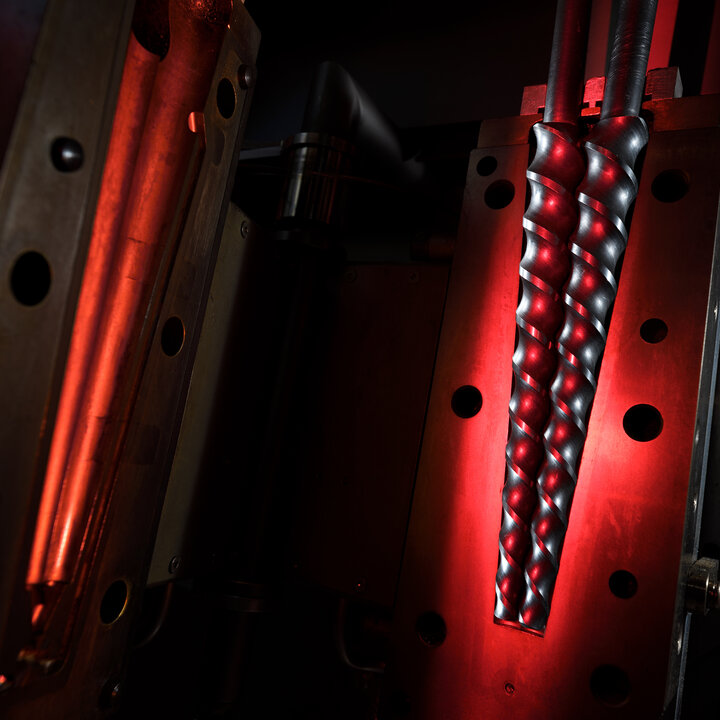
Focus of the research is on how processing conditions influence the performance of final parts and products. For glassy polymers it was shown that by taking into account the thermal history during the cooling cycle in combination with the non-equilibrium kinetics of a polymer glass around and below its Tg, the performance of a final part could be predicted quantitatively.
A next challenge is to expand this modeling framework to more complex polymer systems, e.g. multi-phase and phase separating systems. This starts with the translation of how molecular structure and characteristics influence the morphology and material state during and after processing, and how these are then translated into short- and long-term mechanical performance.
• Polymer glasses and non-equilibrium kinetics
• Property evolution during and after processing of polymer glasses
• Property evolution of polymer multi-phase systems
• Prediction of mechanical performance of simple and complex polymer systems
Focus of the research is on how processing conditions influence the performance of final parts and products. For glassy polymers it was shown that by taking into account the thermal history during the cooling cycle in combination with the non-equilibrium kinetics of a polymer glass around and below its Tg, the performance of a final part could be predicted quantitatively.
A next challenge is to expand this modeling framework to more complex polymer systems, e.g. multi-phase and phase separating systems. This starts with the translation of how molecular structure and characteristics influence the morphology and material state during and after processing, and how these are then translated into short- and long-term mechanical performance.
• Polymer glasses and non-equilibrium kinetics
• Property evolution during and after processing of polymer glasses
• Property evolution of polymer multi-phase systems
• Prediction of mechanical performance of simple and complex polymer systems
